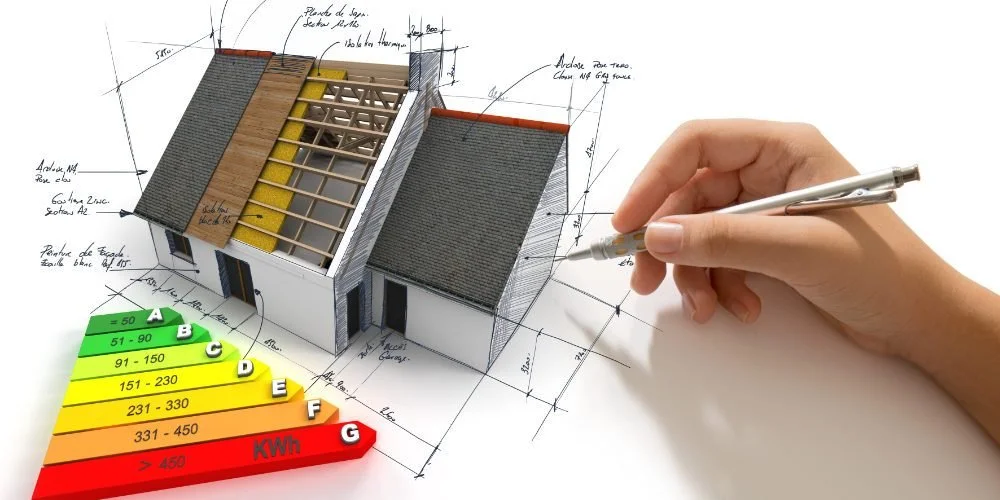
Solar Panels
If eligible, installing solar panels means you can harness your own energy from the sun.
Green Energy
Zero Pollution. Zero Emissions. Zero Noise. A sustainable, low-maintenance way to generate electricity. Relying solely on natural resources and effective all year round, even on cloudy winter days.
Solar Panels
In order to apply for solar panels as part of the air source heat pump funding, your EPC must be an E or below, and you must have adequate, sturdy roof space suitable to carry the weight and size of the panels.
Eligibility
In order to apply for any heating upgrade, you must qualify via one of three routes; Benefit Recipient, Income below £31,000.00, or NHS Health Referrals. More details can be found on the ECO4 Funding page.
How it works
FAQs
-
Cut your electricity bills. Sunlight is free, so once the initial installation is complete, your electricity costs will be reduced.
Cut your carbon dioxide emissions. Solar electricity is a renewable energy source. A typical home solar panel system could save around one tonne of carbon per year, depending on where you live in the UK.
That’s the equivalent of driving 3,600 miles, or from London to Bristol 30 times.
Sell extra energy to the grid. Export the electricity you can’t use yourself and get paid for it. The Smart Export Guarantee lets you sell extra electricity to the grid.
This only applies to England, Scotland and Wales. If you live in Northern Ireland, speak to your energy supplier to see if they offer an export tariff.
-
Solar energy is a renewable energy source, meaning, it cannot run out.
Receive payments for any extra electricity you generate.
Solar panels are an investment that you will see a return on. They also enable you to save money on your energy bills whilst helping you to protect the planet.
Increase the value of your property.
ECO Friendly homes are becoming more and more desirable.
-
Your solar panels should last 25 years or more. But if you have a solar inverter, you need to replace this after around 12 years. Some inverters have online monitoring functions and can warn you by email if the system fails
-
A typical system usually covers between 10 to 20m2 of roof surface area, using between six and 12 panels.
The ideal place to install solar panels is on a sloping roof. If you can’t do that, you can also install solar panels on top of flat roofs, out buildings and sheds and in your garden.
-
Solar panels require very little maintenance. The main thing is to keep nearby trees well-trimmed to minimise shading where possible.
In the UK, rain will clean your panels if they’re tilted at 15 degrees or more. Debris is more likely to build up if you have ground-mounted panels, or if you live in an area with more dust in the air. In these cases, you might need to have the panels cleaned occasionally.










